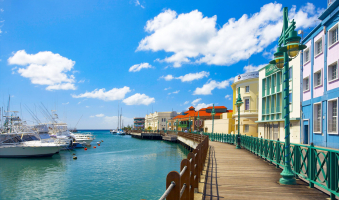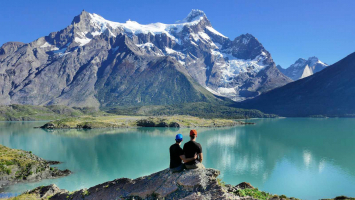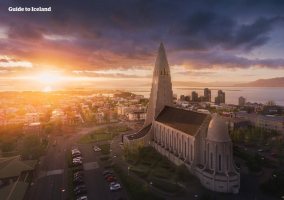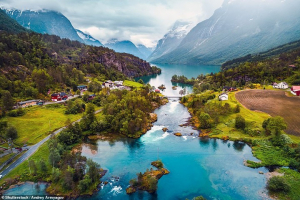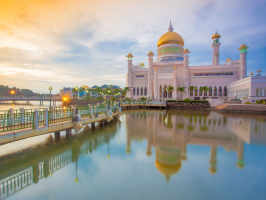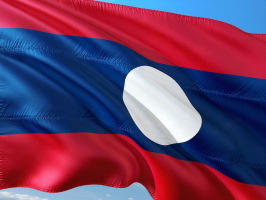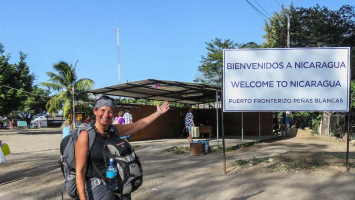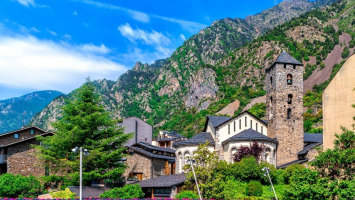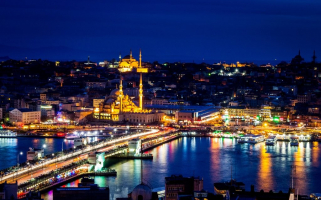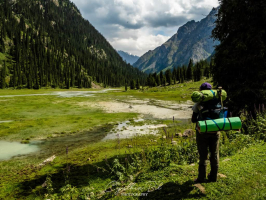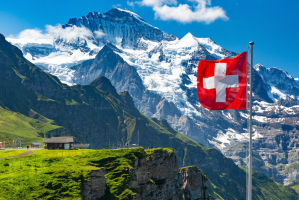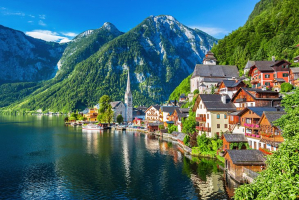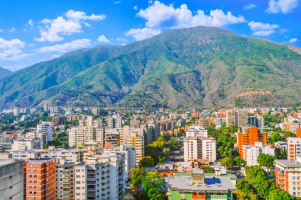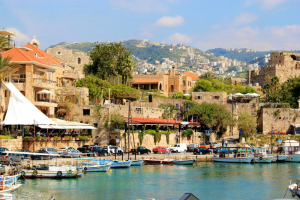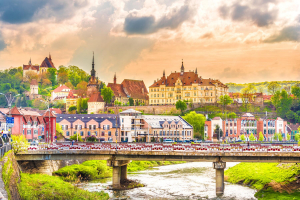Top 10 Things about Russia You Should Know
With its world-class art, majestic scenery, and varied society, the world's largest country enchants and intrigues. Perseverance and a sense of humor may also ... read more...prove beneficial in enhancing your first-time Russian travel experience. Here are some top Things about Russia You Should Know before visiting Russia.
-
All tourists must apply for visas ahead of time. How you go about it depends on your nationality and where you're going in Russia. Many nations, notably the United Kingdom and the United States, require travelers to apply in person at an embassy or consulate and present biometric data.
Passport holders from 52 countries, including many EU passengers, China, India, Japan, Singapore, and certain Middle Eastern countries, may be eligible for an e-visa. However, according to COVID-19, things are currently on hold. Confirm with your local Russian embassy or consulate. You can apply at the last minute, but it will likely be quite expensive. Begin the application process at least a month before your trip, and use a specialized travel agency to obtain visas and make important transportation arrangements.
Within seven days of arriving in Russia, all visitors should have their visas recorded, excepting weekends and public holidays. If you're staying in a private property, you must register with your hotel or hostel, or with your landlord, friend, or family. Keep in mind that your visa entry and exit dates will be written in European calendar convention (day/month/year) rather than American calendar convention (day/month/year), so don't get confused or overstay your visa. This one of the Things about Russia You Should Know before visiting Russia.
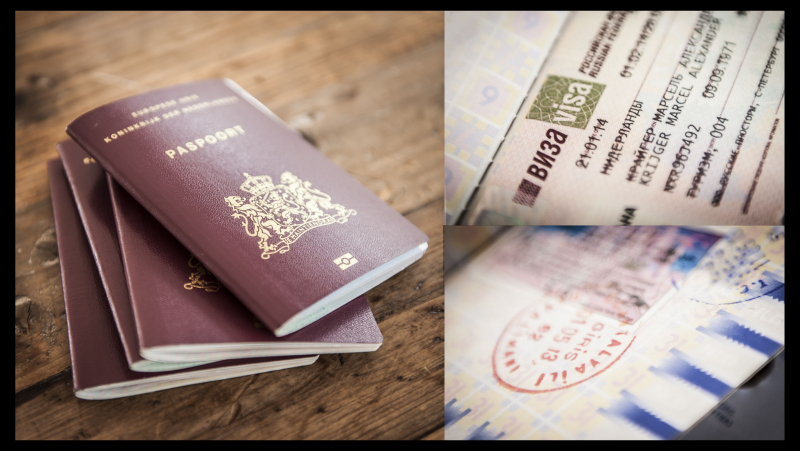
https://www.delta.tudelft.nl/ 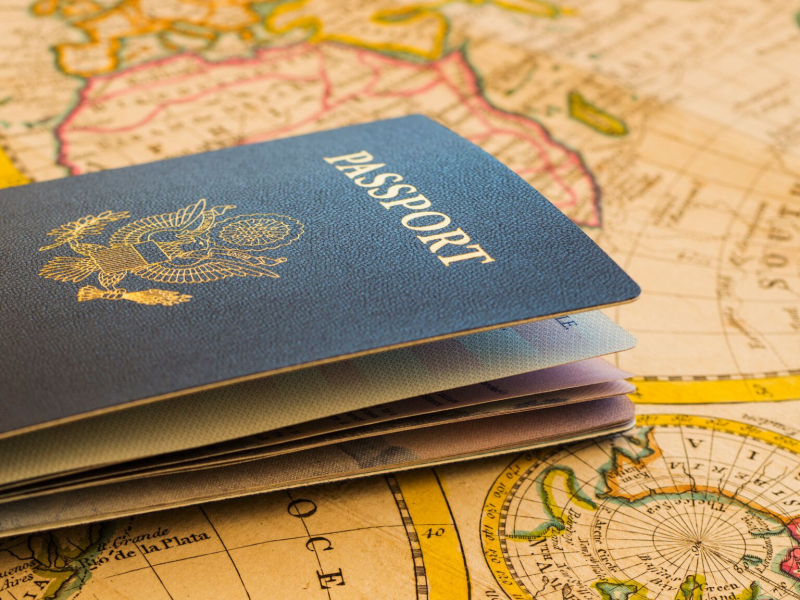
https://www.amazing-iran.com -
Moscow and St Petersburg are deserted during big holidays, such as the first week of January (between New Year's Day and Orthodox Christmas) and the first week or two of May (around Labour Day, or May Day, and Victory Day). Regardless, both cities are celebratory during these seasons, with parades, concerts, and other activities, but museums and other institutions may have shorter hours or be closed entirely.
The greatest time to visit St Petersburg is from May to September, but the White Nights celebrations are at their pinnacle in mid-June. You can apply at the last minute, but it will likely be quite expensive. Begin the application process at least a month before your trip, and use a specialized travel agency to obtain visas and make important transportation arrangements. Within seven days of arriving in Russia, all visitors should have their visas recorded, excepting weekends and public holidays.
If you're staying in a private property, you must register with your hotel or hostel, or with your landlord, friend, or family. Keep in mind that your visa entry and exit dates will be written in European calendar convention (day/month/year) rather than American calendar convention (day/month/year), so don't get confused or overstay your visa.
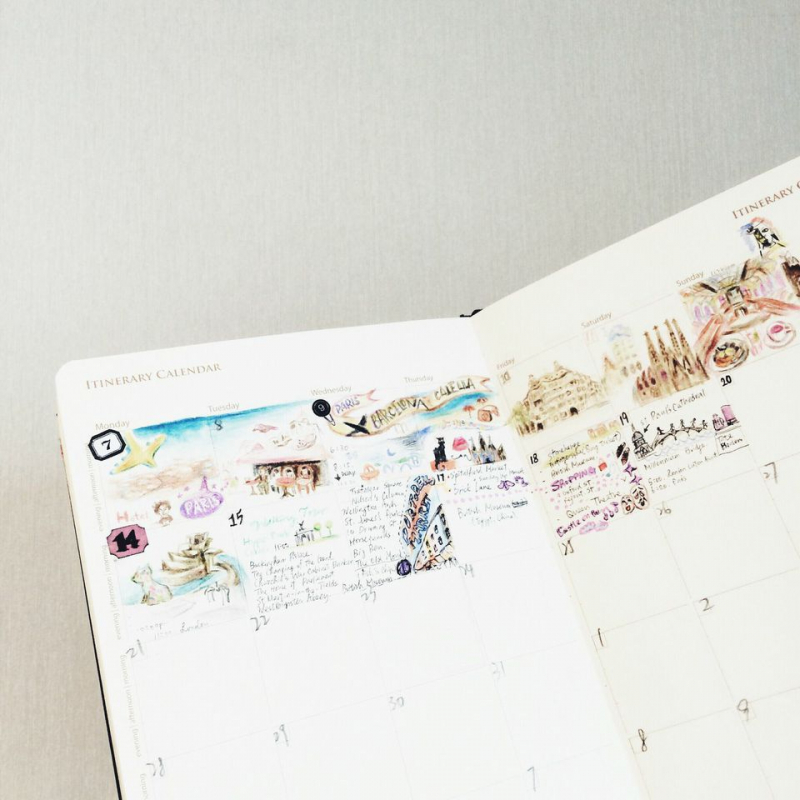
https://www.pinterest.com.mx/ -
Putting out the effort to learn the Cyrillic script pays you tenfold. Even if you don't know many Russian languages, it will help you read street and metro signs, maps, timetables, and menus. While modern tools like the Russian Metro app and Google Translate make it easier than ever to travel to countries where you don't speak or read the language, brushing up on the basics ahead of time can save you time and make you more popular with the locals.
Taxovichkoff and Yandex Taxi, for example, have completely transformed the taxi sector in Russia, as well as elsewhere. That means there's less need to learn the Russian phrases you'll need to hail cabs on the street, but it's still a good idea to learn crucial terms in case you get lost, such as your hotel's location or the crossroads where your short-term apartment rental is located. This one of the Things about Russia You Should Know before visiting Russia.

http://oppidanlibrary.com -
Moscow is one of the world's most costly cities, and St Petersburg is no exception; wallet-thinning shock is typical in many restaurants and hotels. You'll also pay more than a Russian for several museums as a foreigner, often up to ten times the amount. If you're a student, flashing your ID at museums and other institutions can save you money.
There are several strategies to save money when dining out. Many eateries provide "business lunches" that are both economical and filling. The fad for "anti-cafes" began a few years ago in larger Russian cities, and there are still a handful around where you may pay by the minute for coffee, biscuits, and a little wi-fi time.
Food markets that combine farmers markets with food halls are popular, and they're frequently located in historic structures. You can buy supplies to prepare your own meals or experience cuisines from all around the world at dozens of vendor stands. Many food markets are less priced than sit-down restaurants, and they allow you to sample a greater range of local and international cuisines.
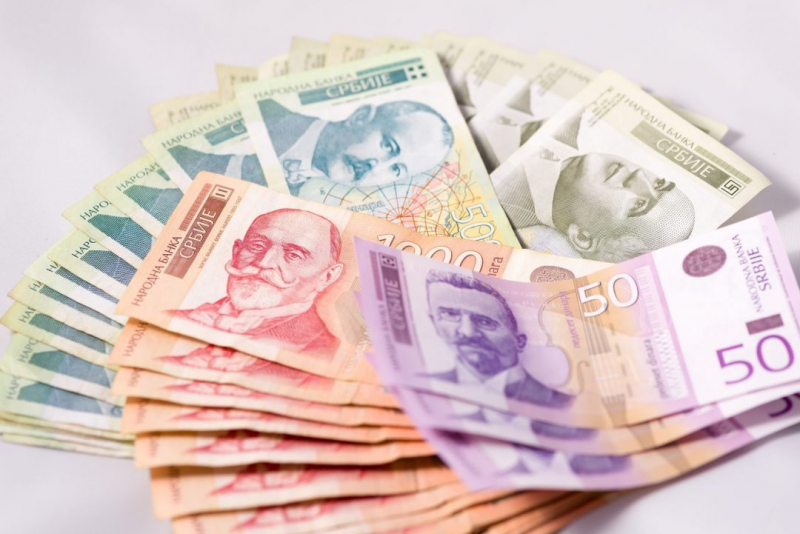
https://www.smartcurrencybusiness.com/ 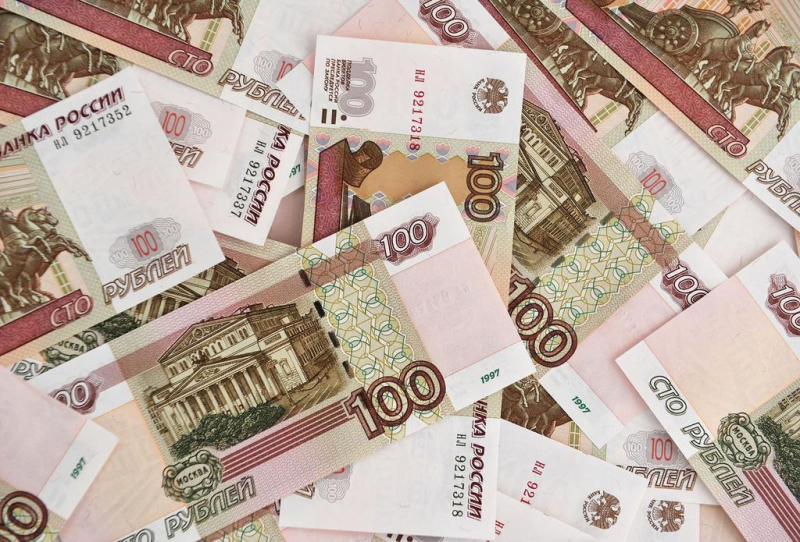
https://investforesight.com/ -
Although new laws were passed in 2011 that ostensibly restructured Russia's police and their interactions with the public, it's still a good idea to carry a photocopy of your passport, visa, and registration – as well as travel documents that indicate how and when you'll return home – and present them to an officer if they demand to see them. Particular tourist police, with special training and language abilities, may be seen near important attractions like the Red Square to assist visitors.
If you're fined, Russian officials may anticipate a "unofficial payment" to speed up their service on the spot rather than dealing with the case later at the station. In any event, always request a formal receipt and keep the phone number for your country's embassy handy in case things get problematic. This one of the Things about Russia You Should Know before visiting Russia.
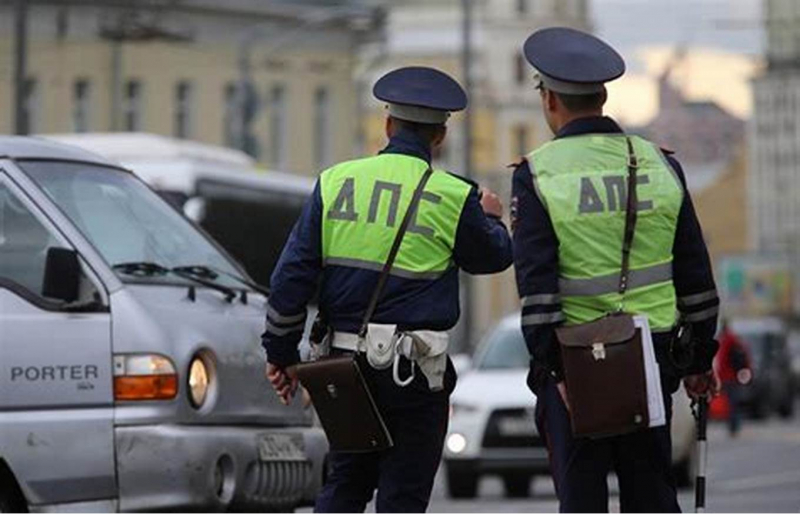
https://www.themoscowtimes.com 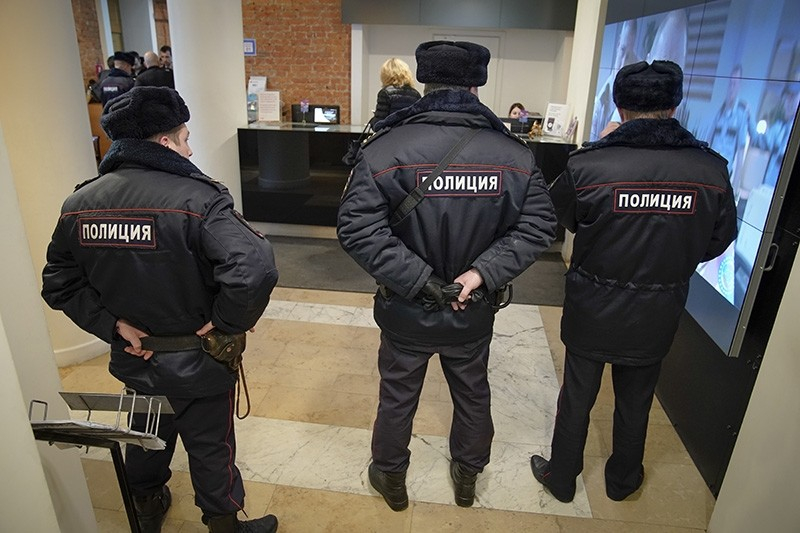
https://www.dailysabah.com/cinema/ -
Anyone who comes to Russia expecting it to be cold all year will be in for a rude awakening when they arrive. Russia has frigid winters, but its summers, especially in cities like St Petersburg, can be extremely hot and humid. Weather is difficult to anticipate, but having a general understanding of the weather can be extremely helpful when organizing activities. It's more vital to protect yourself from the rain than the cold when traveling in the winter.
Snow in big cities tends to melt quickly, turning into sloppy muck, so bring appropriate footwear and a change of socks if you plan on doing a lot of walking. Layers are recommended, as are thick coats for outdoor activities; but, don't go overboard with the furry caps, as your tourist status will be obvious.

https://datinghunts.com/ 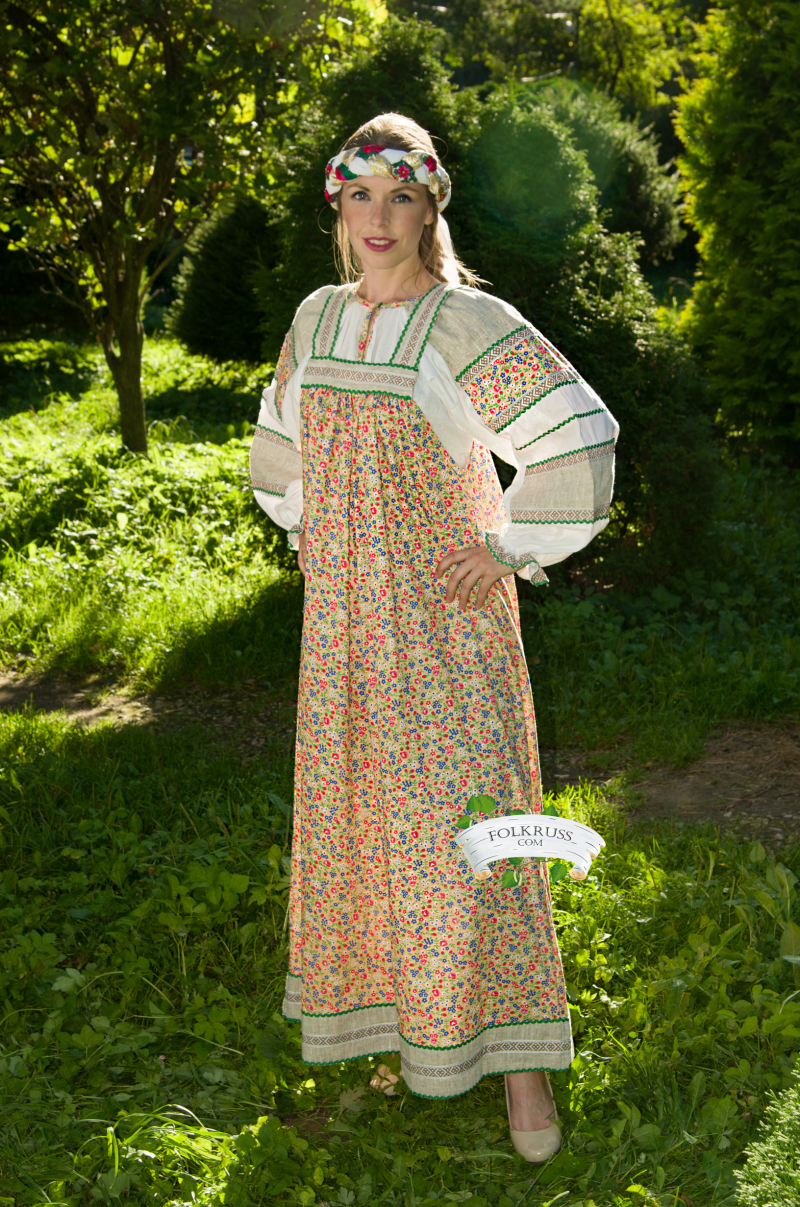
https://folkruss.com -
Russian cuisine has a lot to offer, but there are a lot of unusual names to be aware of. If you want to get the most out of your culinary adventures, do some homework ahead of time on the various foods available during each season so you aren't stuck eating borscht (beetroot soup) every day.
Russian cuisine is a collection of Russian recipes and cooking traditions, as well as a list of popular culinary goods in Russia, with most names dating back to pre-Soviet times and hailing from various social groups.
Restaurants in central locations will almost definitely have English-speaking staff to assist you, but if you're looking for a unique experience, it's best to be prepared, especially to prevent accidentally ordering something like beef gelatine. Even that, however, is an acquired taste.
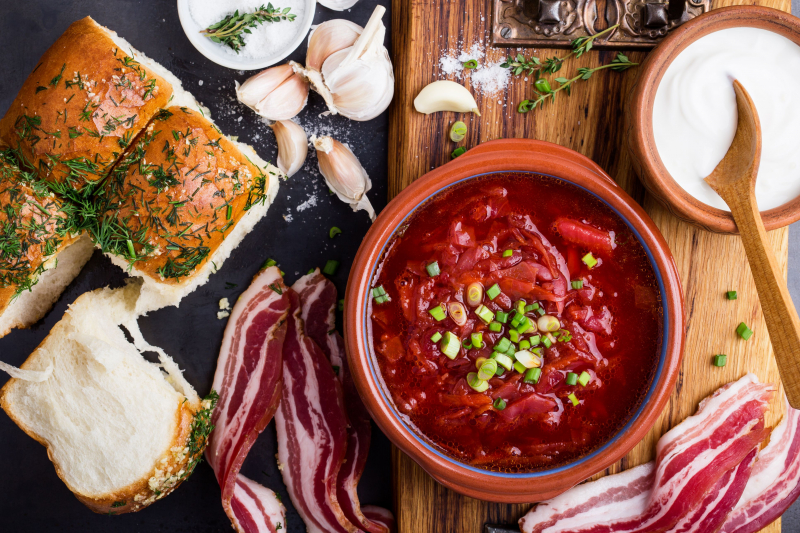
http://www.clicktraveltips.com 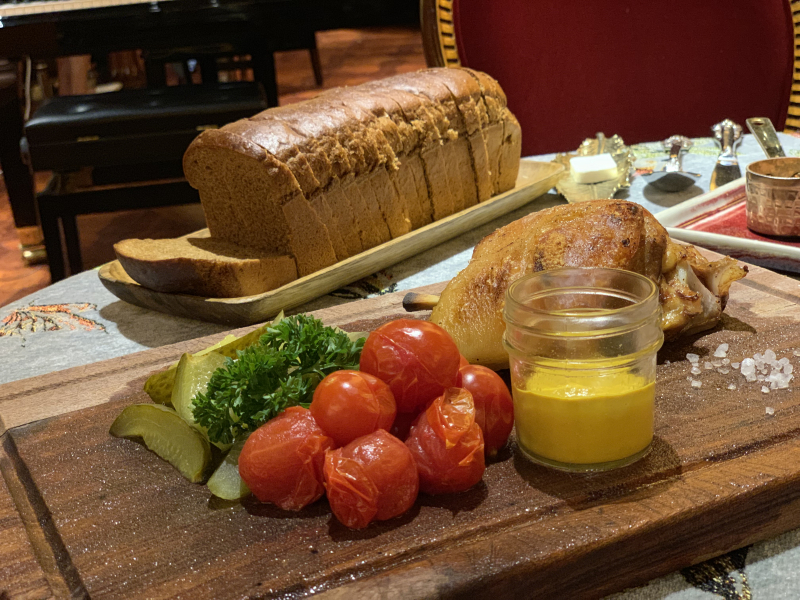
https://news.cgtn.com -
When traveling to a new nation, there are several things to remember. Russia has become more relaxed over time, but as a rather traditional nation, people still adhere to certain customs and expectations. When visiting a Russian home, for example, guests are required to follow etiquette, such as bringing a small gift.
In some restaurants and theaters, the dress code is also very essential. Of course, no one will stop you from entering, but it's better to be prepared than to show up amid a mob of nicely dressed people wearing jeans. Visiting Russian Orthodox churches also entails following a set of rules: ladies must cover their heads and wear long skirts (pants are usually permitted), while men must wear long trousers and remove any hat.
Few Russian customs are as sacred as drinking vodka, and any foreign ideas of mixing it with orange juice or tonic are frowned upon by the average Russian. If you need anything to wash it down, a lemon, a pickle, or possibly a separate glass of water would suffice. Vodka is consumed in quick shots rather than sipped. It's customary (and sensible) to eat something after each shot, so order some vodka nibbles as well.
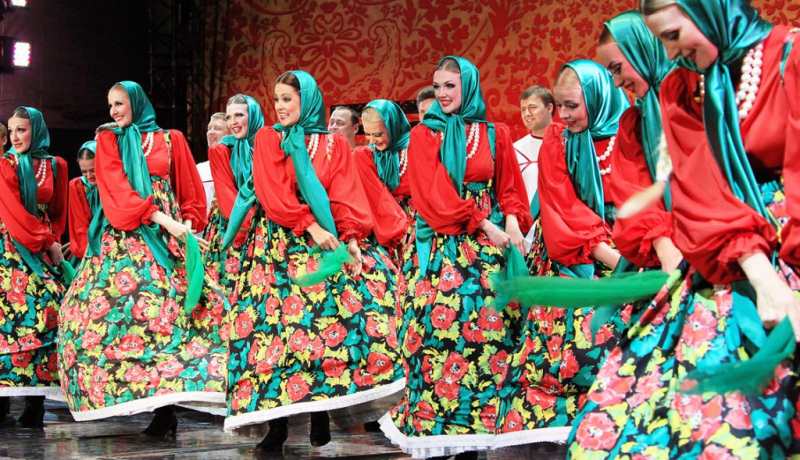
https://ayfnhq.org/ 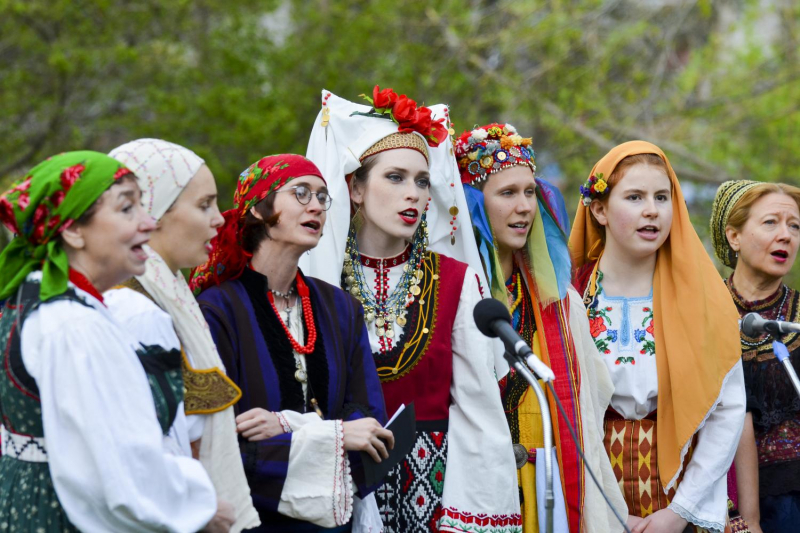
https://www.apec-bioh2.org -
As a tourist, you should expect to spend more than the ordinary resident. Foreigner museum tickets, for example, are more expensive in Russia, and yes, they will ask to see your passport. However, keep in mind that Russia is not the most expensive city in Europe, and that pricing is often fair. So be aware of the rates whether picking a restaurant, getting a cab, or purchasing souvenirs. The ideal option is to ask for recommendations from locals, but even a short search on the internet might save you money.
Russia, like the rest of the globe, is making the transition from cash to card, but it will be a long process. Learn about the ruble, Russia's currency, and bring a small amount with you when you go sightseeing.
Small companies may or may not accept credit cards. There may also be fees associated with using your card, particularly at ATMs, so get some cash before you go. Remember not to bring big quantities of cash with you to any destination.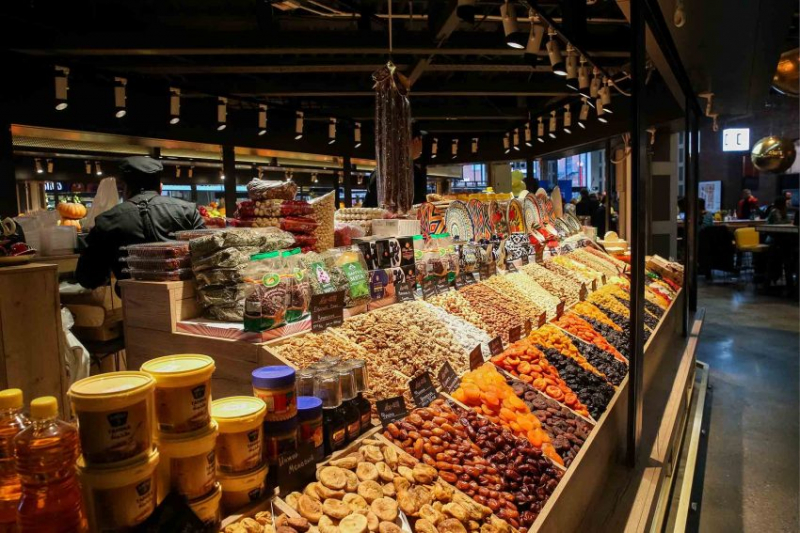
https://www.lonelyplanet.com 
https://www.alamy.com -
People have this misconception that Russian weather is always like Siberia in the winter, and that Russians spend their days bundled from head to toe in furs, but this is just not true. Summer in Russia is usually lovely, and St. Petersburg is known for its hot weather. Before your journey, look up the local weather forecast and pack accordingly.
Remember to dress appropriately if you are going during the summer. Women should cover their heads and wear long skirts or dresses in various Orthodox churches, while men should not wear hats. Sandals are also out of style in Russia, so opt for a pair of light, closed-toe shoes instead.
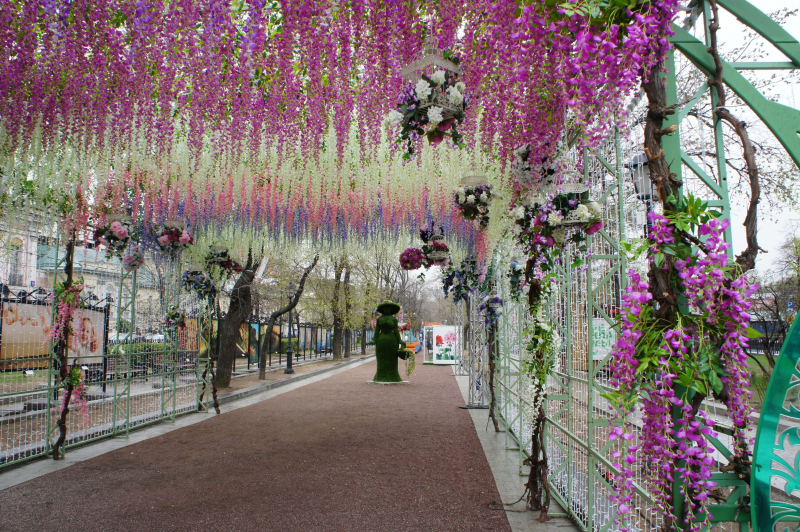
https://kiddingherself.com 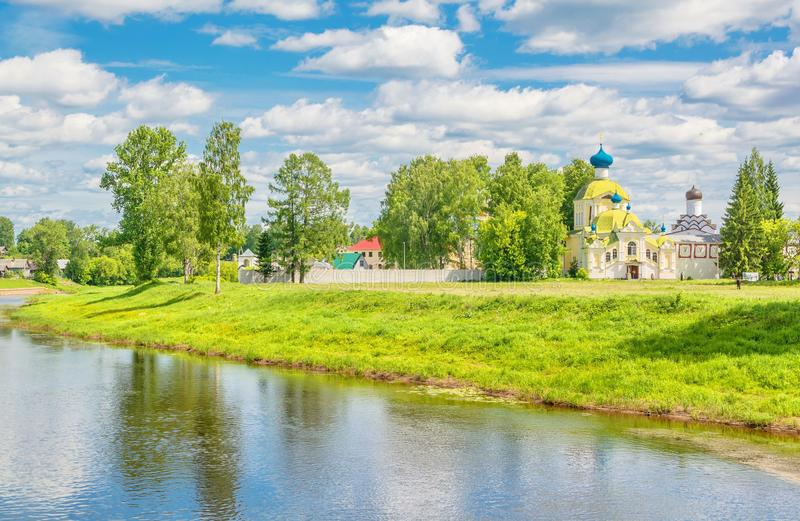
https://www.dreamstime.com












